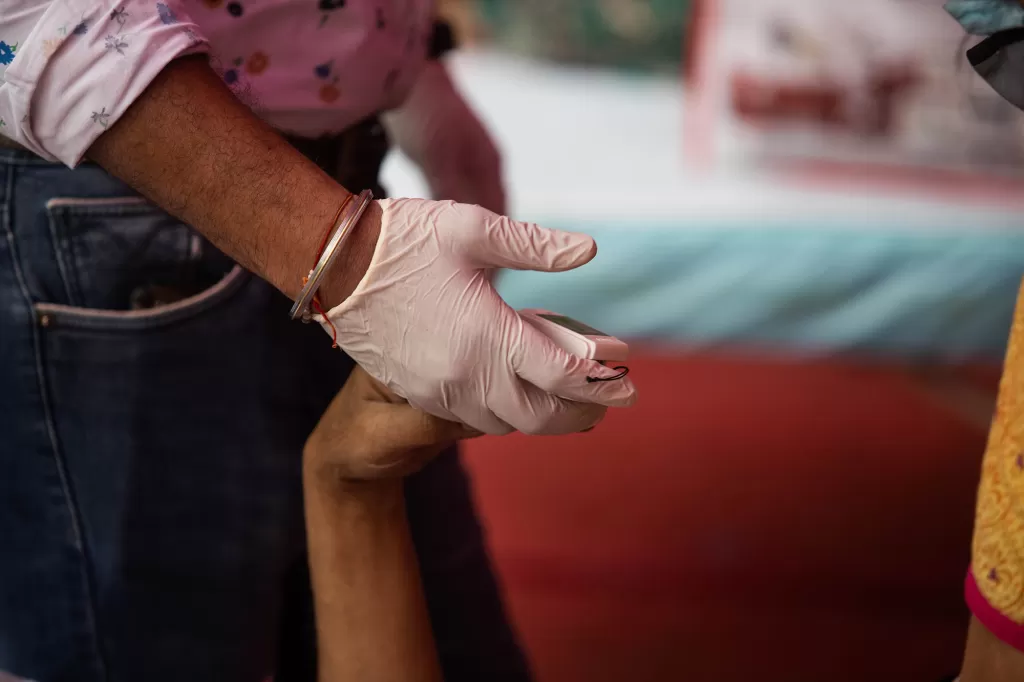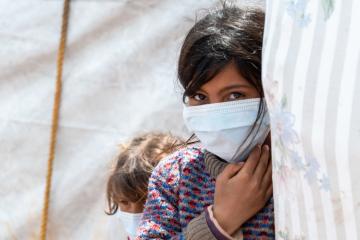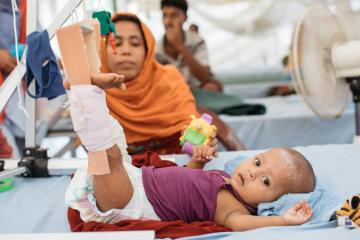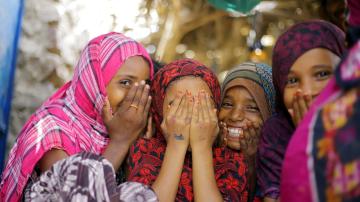The devastating impact of Covid-19 in rural India is becoming apparent as DEC charities are highlighting shortages of simple devices and tests that we take for granted in the UK.
Here it is not only oxygen and ventilators that are in short supply – even pulse oximeters to measure oxygen saturation levels and thermometers are commonly unavailable, according to HelpAge India.
The health facilities in rural districts in states like Bihar are far less prepared for this wave of Covid-19 than those in the capital Delhi, where a lack of beds, supplies and oxygen have led to people dying while waiting for treatment. The real rates of Covid-19 in rural areas are thought to be three times higher than reported due to lack of testing.
The country director for DEC charity Tearfund said what’s happening in rural areas is an “unnoticed disaster”. Prince David said: “The biggest concern I have at the moment is the growing numbers of new cases and increasing infection rates. While lots is being done to bring relief to people in the cities, most villages in rural India simply do not have the infrastructure to allow people to travel to access medical treatment.
Save the Children’s Madhura Kapdi, Director of Campaigns and Communications, said the media reports suggested that the cities and larger towns are far more affected, but she believes it's spreading fast into rural India, away from the best medical care and health services. “We’re really concerned about that right now and the needs of the communities we work with.
“For example, we work in Nashik city in Maharashtra, which has seen a very high Covid caseloads. In fact, until last week it had the highest caseload in India. So, we are working there to make sure that the health centres are better equipped to handle the pandemic. The focus is entirely right now on saving lives.”
Bihar, which neighbours Nepal in the east of the country, has only one third of the doctors and nurses needed, with many suffering from Covid themselves, says Girish Mishra, Programme Coordinator at HelpAge India, local partner of Age International.
Even so, health workers are seeing 100-200 patients a day. Mishra adds: “there is a huge lack of health workers to provide the services needed. People are very nervous and agitated about the situation.”






